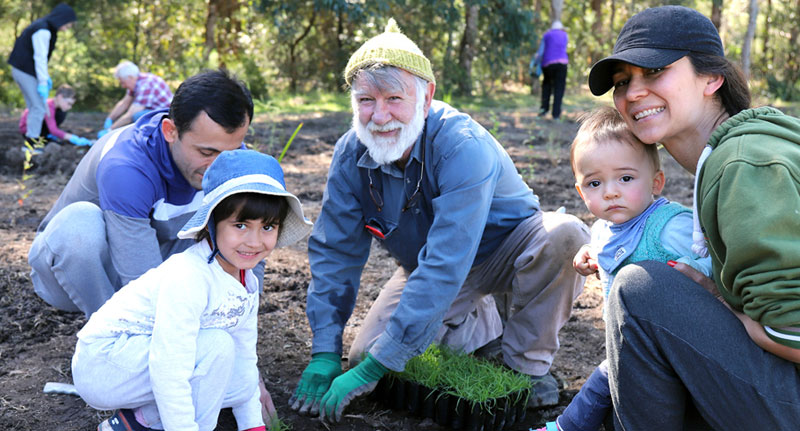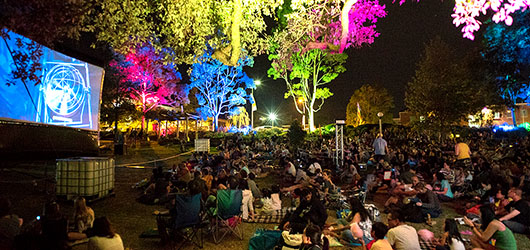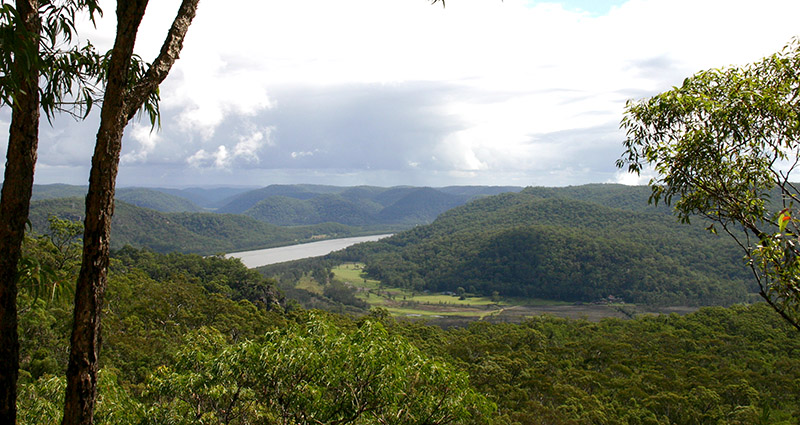Using fire on your own property
The table below refers to burning outside, in the open.
NO burning activities to occur during RFS Total Fire Bans (ToBAN) or EPA No Burn Notices
| Conditions requirements / general comments | ||||
|---|---|---|---|---|
| Burn/fire type | Activity | Urban areas | Rural areas | Comments |
| Recreational fire | Fire for the purpose of preparation of food and beverages (e.g. BBQ, hāngī) | No specific permit required | No specific permit required |
Only dry seasoned wood, liquid petroleum gas (LPG), natural gas or proprietary barbecue fuel, including a small quantity of fire starter, may be used as a fuel source.
The person responsible for the fire has a general obligation to prevent or minimise air pollution and to take into account the potential for smoke by regarding issues such as wind direction, weather conditions, length of burn time and to ensure material is not wet. For other legislative requirements around open burning click here. |
| Recreational fire | Fire for heating (e.g. brazier, chiminea, fire pit) | No specific permit required | No specific permit required | N/A |
| Recreational fire | Campfire in the course of camping, scouting or a similar outdoor recreational activity | N/A | No specific permit required | N/A |
| Recreational fire | Bonfire | Prohibited (use your green bin or closest waste facility) | Prohibited | N/A |
| Pile burn | Burning garden material for purposes other than hazard reduction | Generally N/A | Approvals required at all times (use your green bin when you can), notification and safety |
Multiple approvals may be required depending on the time of the year and fire district you reside in (contact your local RFS and Fire & Rescue Offices to learn more).
See Approval to Burn page. |
| Hazard mitigation | Burning to clear vegetation (broad acre) | N/A | Various approvals apply, notification and safety conditions apply | Hazard reduction certificate obtained from the NSW RFS 1800 (NSW RFS)
Safety permission obtained from NSW RFS or Fire & Rescue may be required (depending on the time of the year and fire district you reside in, contact your local RFS and Fire & Rescue offices to learn more). Notification requirements apply prior to burning. Contact your local RFS and Fire & Rescue offices to learn more. |
| Agricultural burn | Agricultural burning (e.g. stubble / dead plant material, orchard pruning, deceased crops) | Prohibited | No formal approvals required, notification and safety conditions apply |
Safety permission obtained from NSW RFS or Fire & Rescue may be required (depending on the time of the year and fire district you reside in, contact your local RFS and Fire & Rescue offices to learn more).
Notification requirements apply prior to burning. Contact your local RFS and Fire & Rescue offices to learn more. |
| Other burns | Burning in an incinerator | Prohibited | N/A | |
| Other burns | Burning domestic / building waste | Prohibited | N/A | |
If your burning activity is not listed in the table above, reach out to Council on 9847 6666 to learn about possible permissions/conditions/requirements associated with it.
Fire Danger Period is generally 1 October – 31 March. If you are planning to light a fire in the open during this time, you will need a Fire Permit. You can find out if permits are required by visiting the NSW RFS website here.







